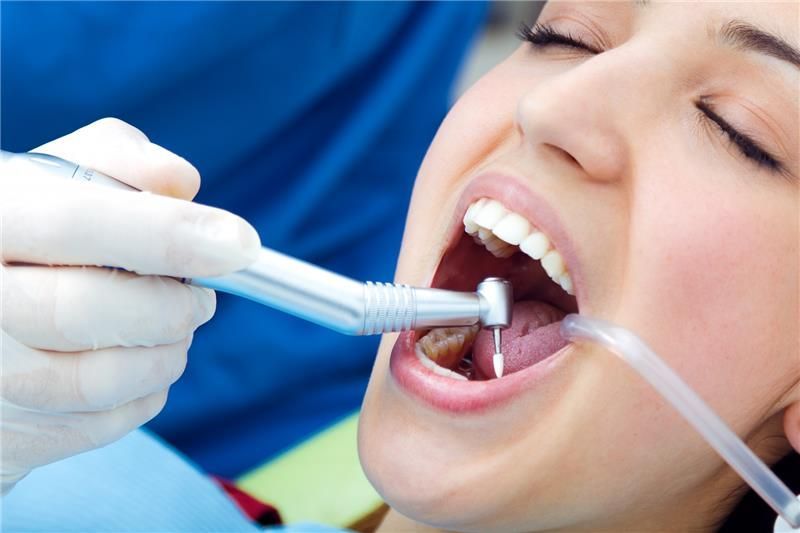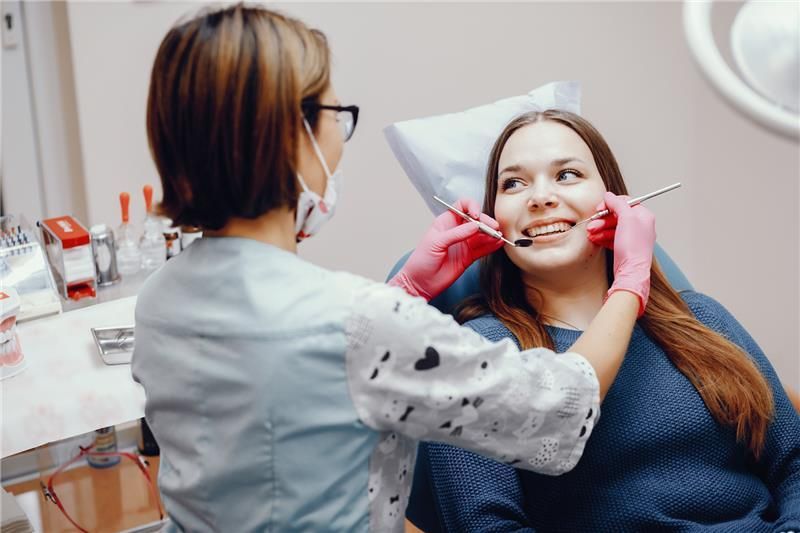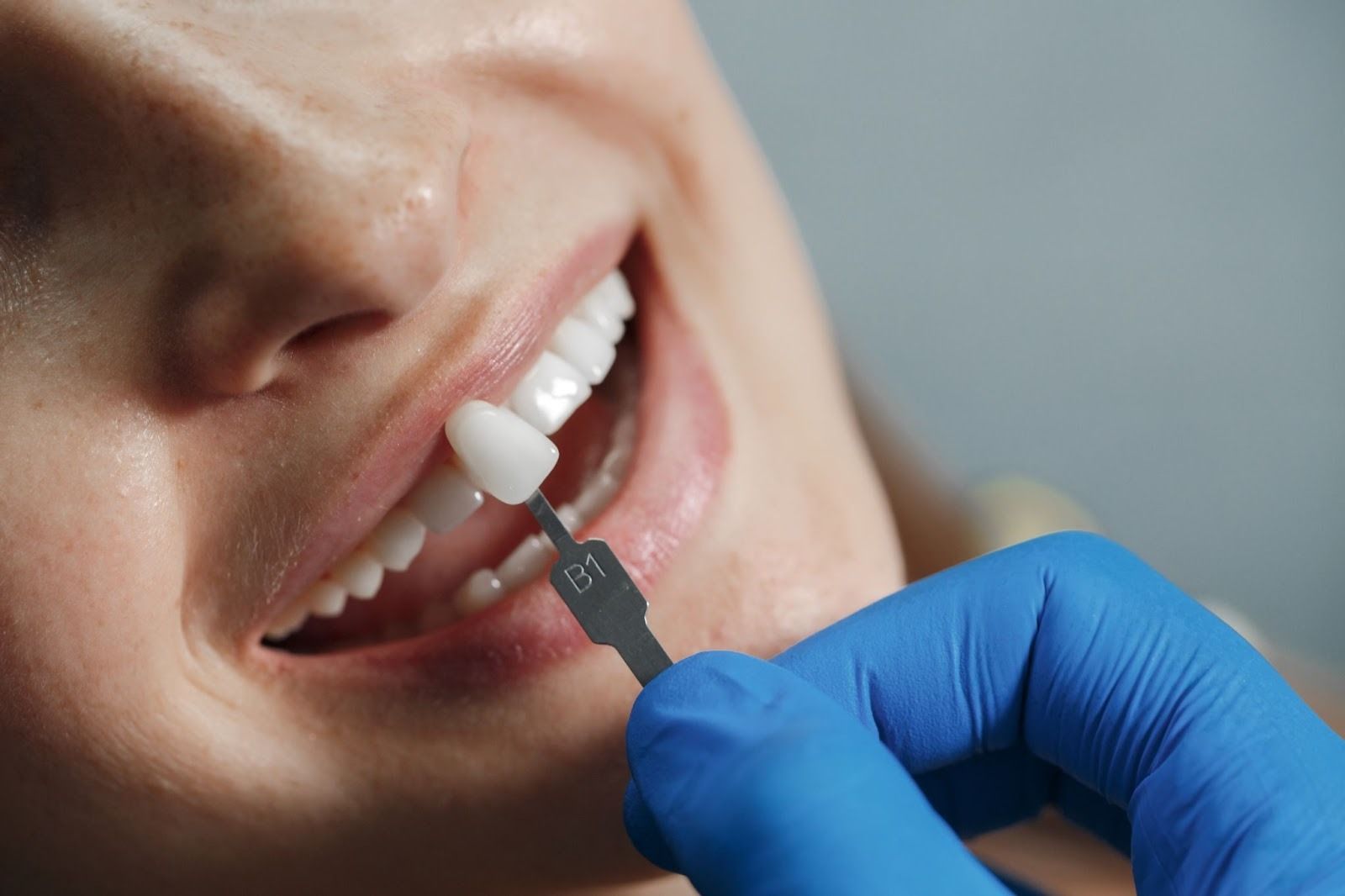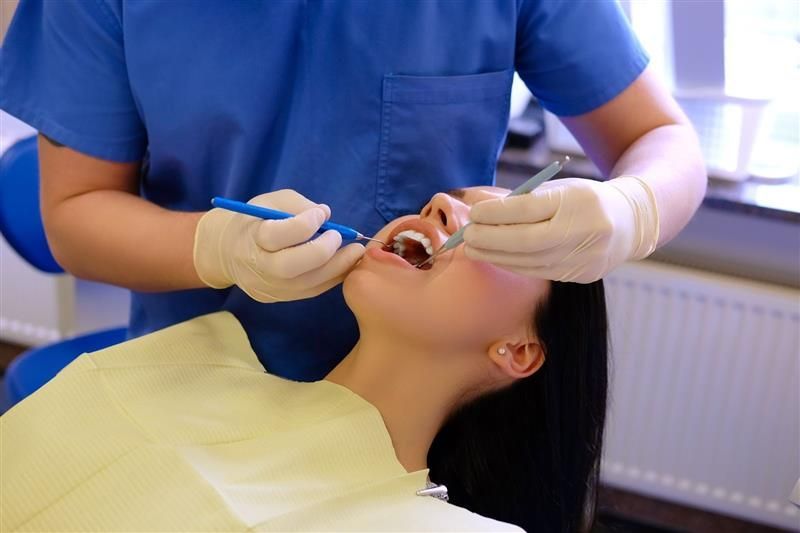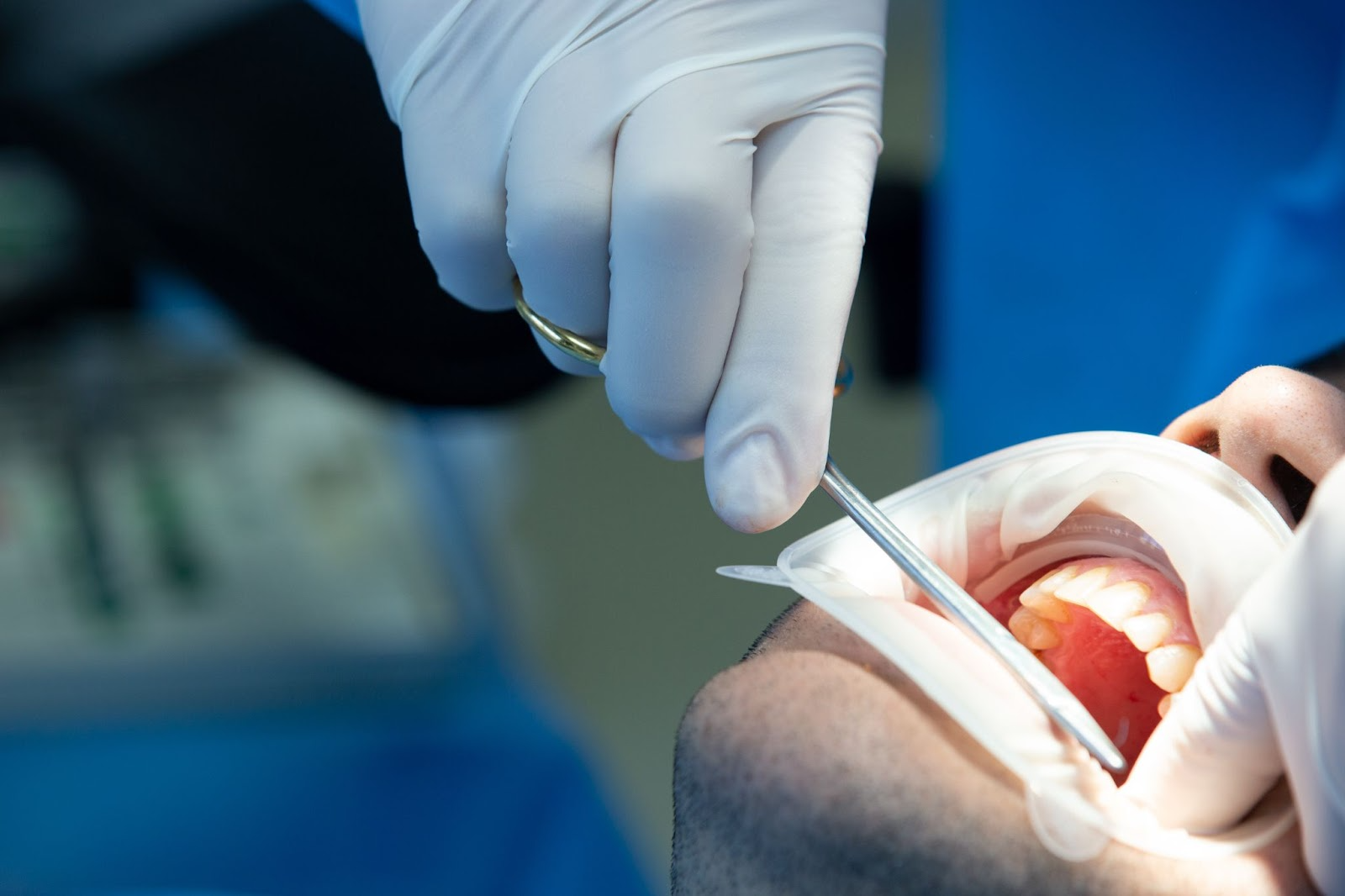Gum Diseases - Spot The Major Signs and Learn About Treatments
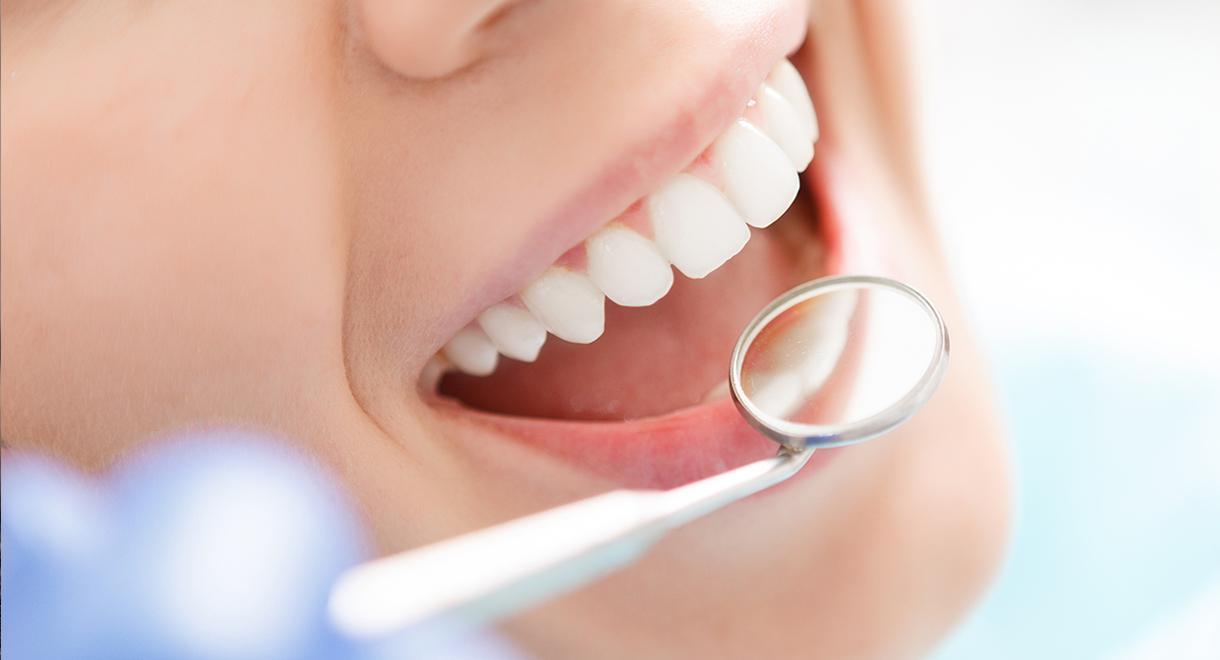
According to the American Dental Association , gum diseases (gingivitis and periodontitis) are the major causes of tooth decay among adults. As much as oral infections affect your overall health, your wallet is hurt too.
Americans have already spent an approx. $129 billion on dental services in the past few years according to research by Centers for Medicare and Medicaid Services.
What Is Gum Disease?
Also known as periodontal disease, gum infection is a bacterial infection involving the gums and the bone around a tooth. Gum diseases can impact one or multiple teeth. The diseases range from gum irritation (gingivitis) to acute bacterial infection (periodontitis).
Taking care of your gums is as important as taking care of your oral health.
Signs And Symptoms
Before gingivitis advances to periodontitis, symptoms for gum infection generally are not evident. Bad oral hygiene is the biggest cause of periodontitis disease and it usually develops in 30-year-old adults.

● Pain in your gums
● Swollen gums appear to be red or purple
● The sour taste of the mouth or continuous bad breath are possible symptoms of gum problems
● Watch for bleeding gums when you floss or brush
● Bacteria build-up in pockets when you lose the teeth
If you have such symptoms, your oral surgeon in Brooklyn will check your gums and teeth. If signs of gum diseases are caught in the nascent stage, the treatment would be pretty simple as a dental cleaning.
Treatments
Gum disease treatments could be surgical or non-surgical depending upon the acuteness of the pain and patient’s preferences.
Surgical: The surgical treatments consist of procedures to reduce pockets that have built up at the gum line and get rid of excess gum tissue and procedures to transplant soft tissue onto the gums to prevent tooth loss.
Non-Surgical: There are many options in non-surgical treatments - antibiotics and tooth scaling that clears off tartar and plaque down the gum line. Some research recommends that laser technology can also be used to make the procedure more effective but there is not enough data that suggests a certain type of laser treatment exists for treating gums.

How To Prevent Gum Disease?
Before gum diseases start to prevail, follow a regular oral care regimen. Here are some simple yet effective ways through which you can easily prevent gum disease from developing:
- Brushing twice a day help to stop gingivitis. It neutralizes the plaque bacteria in the gum line which is critical to your dental health.
- Flossing can also help stop gingivitis by removing plaque and food particles.
- Quitting smoking is definitely an excellent way to prevent gums diseases from occurring
- Visiting your dentist for regular checkups should be a part of your health regimen to effectively treat gums
Hopefully, the above-mentioned signs and treatments for gums disease spread awareness among people for oral hygiene. If the situation worsens such as damaged/broken teeth, then our affordable cosmetic dentistry services can guide you through.

